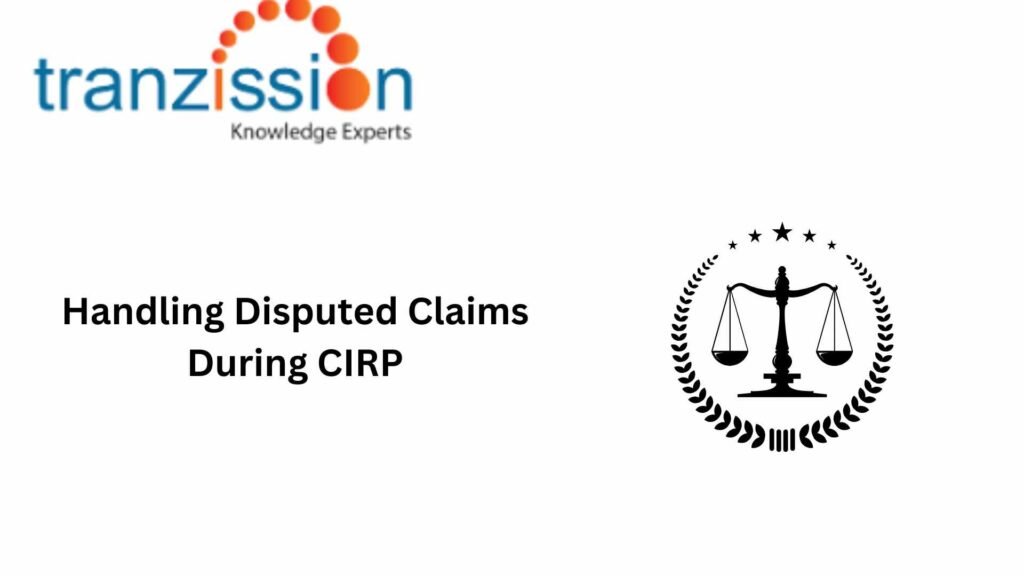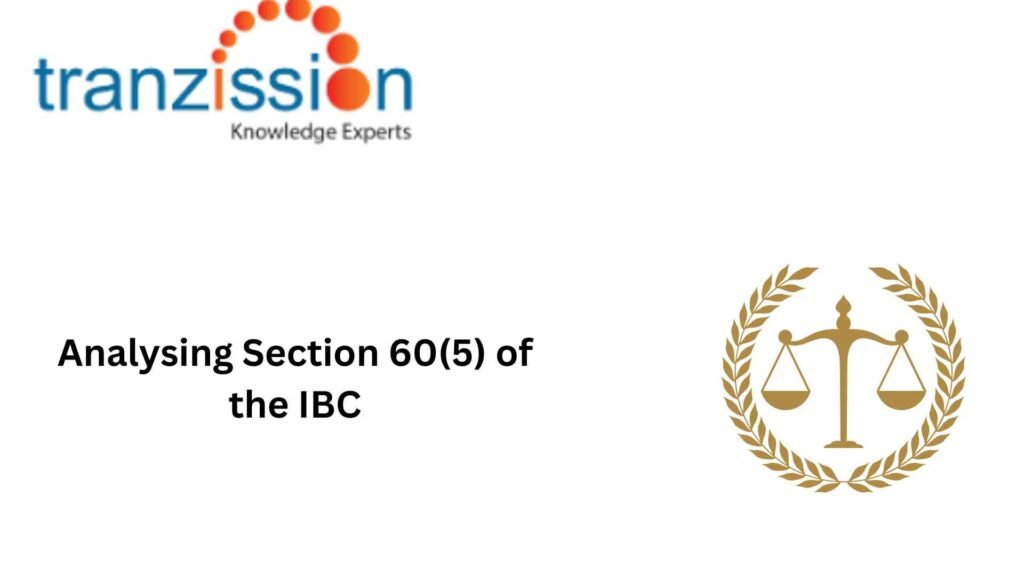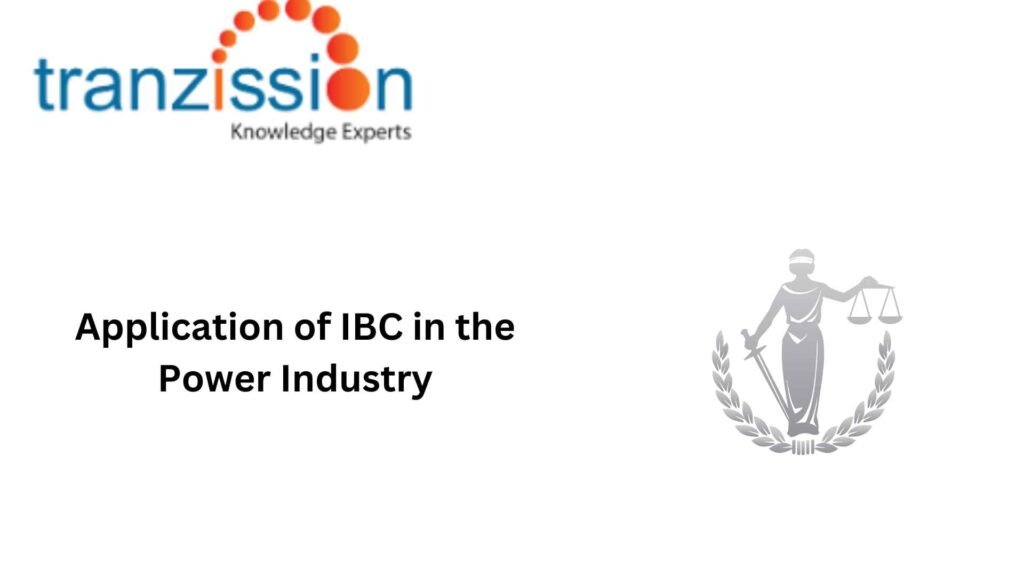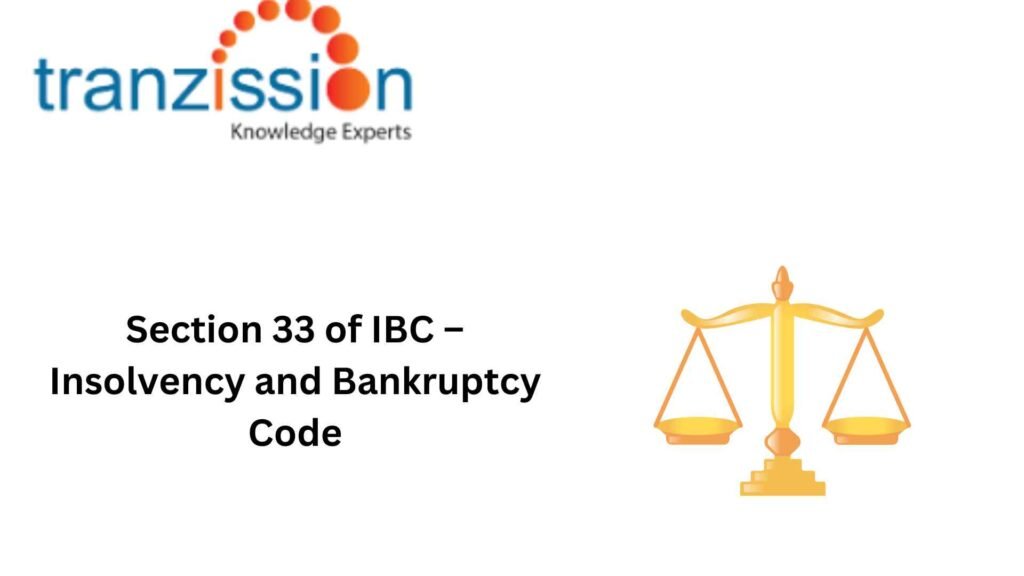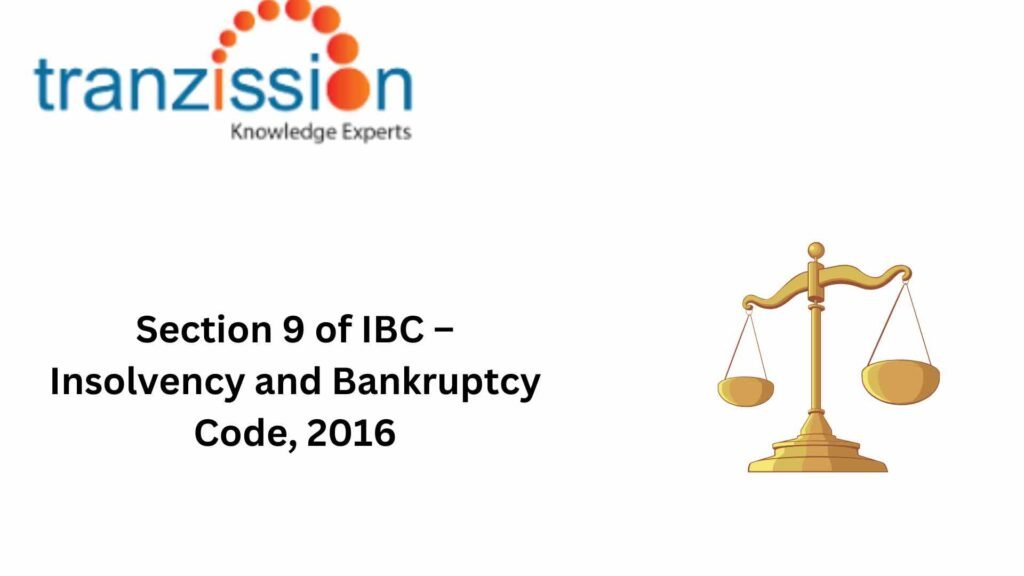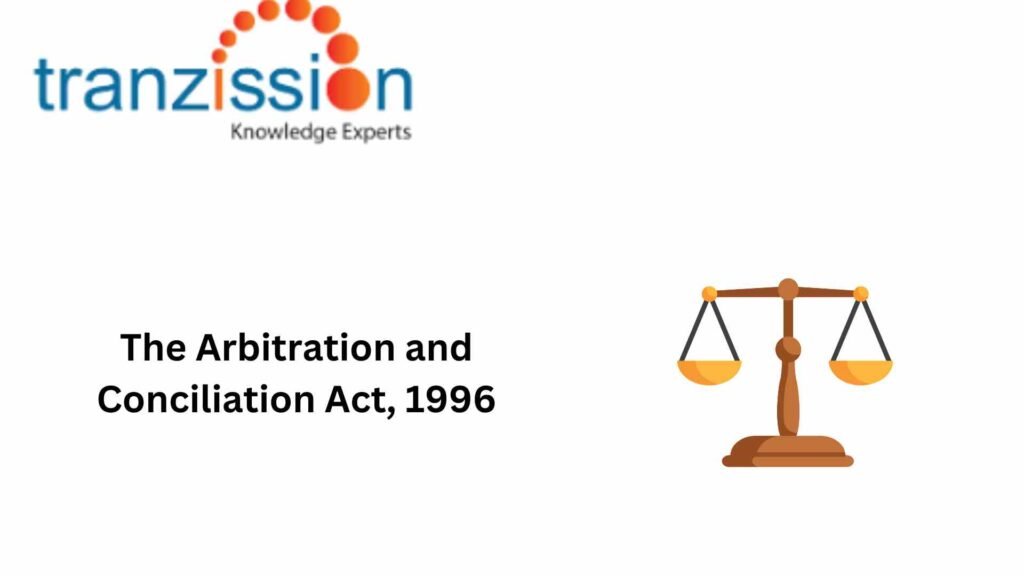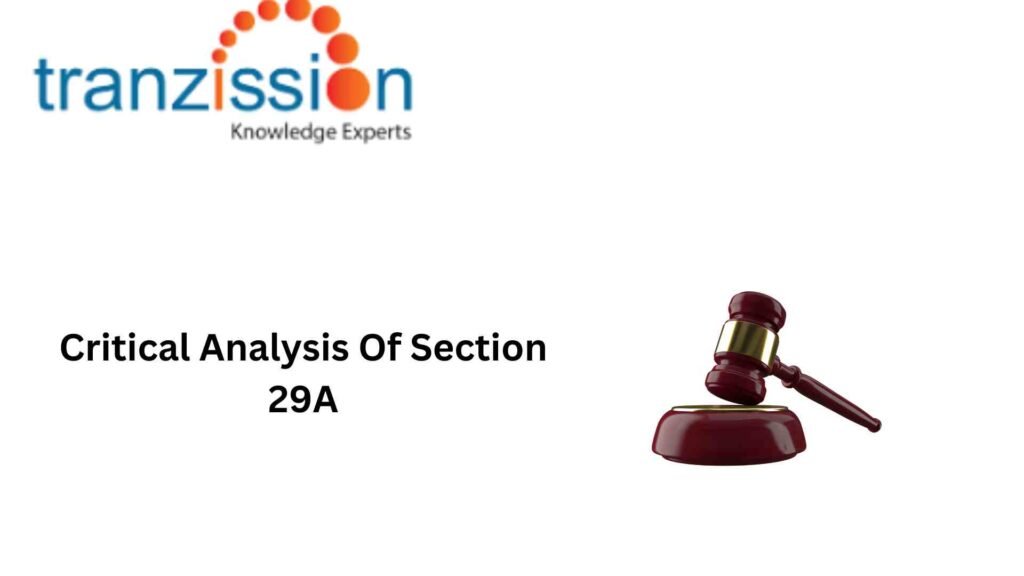Under the Insolvency and Bankruptcy Code, 2016 (IBC), a “claim” encompasses any right to payment, whether it is fixed, disputed, or unsecured. Handling Disputed Claims can occur due to disagreements over contract terms, quality of goods or services delivered, non-payment of invoices, or other contractual issues between stakeholders. Several landmark cases under the IBC have […]
Author: Atishay Jain
Role of Special Economic Zones in the Insolvency Process
A company operating within a Special Economic Zone (SEZ) faces financial distress and enters insolvency proceedings under the Insolvency and Bankruptcy Code, 2016 (IBC). The link between SEZ and the IBC is based on the overriding effect over other legislations, including the Special Economic Zones Act, 2005 (SEZ Act). The IBC is considered the primary […]
Analysing Section 60(5) of the IBC
Section 60(5) of the IBC grants the National Company Law Tribunal (NCLT) the jurisdiction to handle any application, proceeding, or claim related to a corporate debtor undergoing insolvency resolution or liquidation. Essentially it makes the NCLT the sole forum for all matters arising from a company’s insolvency proceedings. Section 60(5)(c) grants the NCLT jurisdiction over […]
Application of IBC in the Power Industry
When a power company is financially distressed, its creditors can initiate an insolvency resolution process where IBC in the Power Industry play important role, to either restructure the debt or find a new investor to take over the project. This framework facilitates a more streamlined approach to managing financial difficulties within the power sector, which […]
How IBC Promotes Entrepreneurship
The goal of IBC Promotes Entrepreneurship by establishing a transparent and time-bound process for resolving distressed businesses. The streamlined process under the IBC can increase lenders’ confidence in providing credit to new businesses, as they have a clearer understanding of the potential recovery mechanisms in case of default. Let’s look into this in more detail. […]
NCLT filing SOP- Pre-Requisite for E-filing Matters in NCLT
The National Company Law Tribunal (NCLT) issued an order dated 22.12.2023, directing all litigants, advocates, or parties to follow the pre-requisite outline on formatting, proper book marking of Petition/Applications/Pleadings/Documents, electronic signature using e-Sign, retention of originals etc. at time of E-filing Matters in NCLT portal https://efiling.nclt.gov.in, which came into effect on 01.01.2024. It mentions mandatory […]
Section 33 of IBC – Insolvency and Bankruptcy Code
When a company is unable to meet its financial obligations and the Adjudicating Authority has decided that it must be wound up, the company will undergo liquidation proceedings in the Insolvency and Bankruptcy Code, 2016 (“the IBC”). The IBC provisions outline the process for initiating the liquidation of a corporate debtor under certain conditions, which […]
Section 9 of IBC – Insolvency and Bankruptcy Code, 2016
The Insolvency and Bankruptcy Code, 2016 (IBC) provides for a speedy and efficient dispute mechanism for the resolution process. Under the IBC, the different classes of people may initiate the process, one of whom is operational creditors. Section 9 of IBC allows for an operational creditor to file an application with the Adjudicating Authority to […]
The Arbitration and Conciliation Act, 1996
The Arbitration and Conciliation Act, 1996 (hereon forward known as “the Act”) governs both domestic and international arbitration, including the enforcement of foreign arbitral awards. It is essentially a legal framework for resolving disputes outside of traditional court systems through a process where parties mutually agree to appoint an arbitrator to make a binding decision […]
Critical Analysis Of Section 29A
Critical Analysis Of Section 29A has emerged as a comprehensive legislation with a speedy and specific procedure for dealing with the issue of insolvency. One of the main objectives of the IBC is to provide the corporate debtor with a resolution plan. Before the Amendment Act, of 2017, there were no specific criteria or qualifications […]
